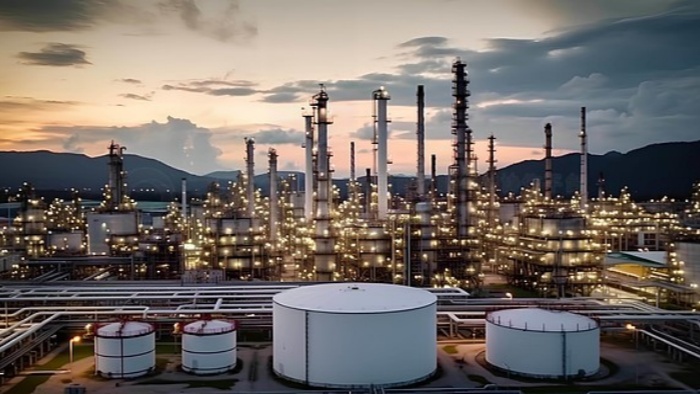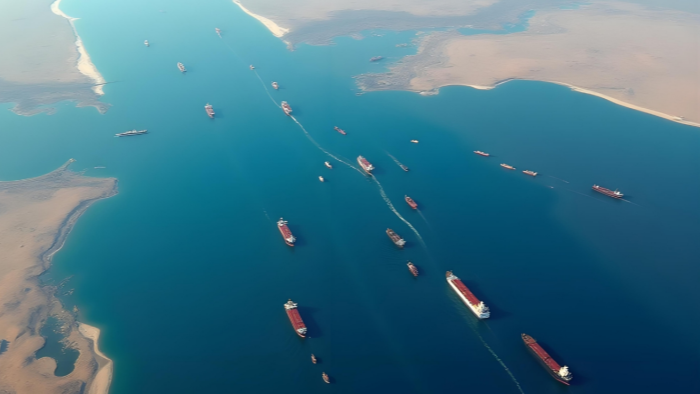A senior Iranian government official issued a stern warning today, stating that if national security continues to be threatened, the country will take necessary measures, including closing the Strait of Hormuz. If this critical chokepoint for global oil transportation were to be blocked, the international crude oil market could face severe turmoil, with the risk of oil prices surging sharply.

The lifeline of oil faces the risk of being blocked
The Strait of Hormuz, as a core node in the global energy supply chain, handles approximately 17 million barrels of crude oil daily, accounting for nearly one-third of global seaborne oil trade. The commander of the Iranian Revolutionary Guard Corps Navy explicitly stated that closing the strait is a “feasible option” on Iran's military options list, in response to “potential aggression by hostile forces.” This statement has further escalated the already tense regional situation.
Market panic emerges, oil prices surge
Upon the news, the international crude oil market reacted immediately. Brent crude oil futures prices surged over 3% during trading, breaking through the $85 per barrel threshold; WTI crude oil futures prices also rose in tandem. Reuters cited the views of Singapore-based energy analysts: “Even if the blockade threat does not materialize in the short term, it has already injected a significant risk premium into the market, with traders urgently hedging against potential supply disruptions.” Bloomberg data showed that bullish sentiment in the crude oil options market has significantly intensified.
Global supply chains sound the alarm
The Strait of Hormuz connects the Persian Gulf and the Gulf of Oman, serving as the primary export route for major oil-producing nations such as Saudi Arabia, Iraq, the United Arab Emirates, and Kuwait. Industry research firm S&P Global Platts warned: “If shipping through the strait is disrupted for more than several weeks, the world could face a daily supply shortfall of millions of barrels, and oil prices surging to $100 per barrel is no exaggeration.” Major crude oil importing countries in Asia and consumer markets in Europe and the US are all facing severe inflationary pressures.

Economic shocks could spread globally
A report by Goldman Sachs Group noted that a prolonged closure of the Strait of Hormuz could lead to an “unprecedented surge” in oil prices, potentially causing global economic growth forecasts to be revised downward by 0.5 to 1 percentage points. Emerging economies highly dependent on energy imports, particularly Asian nations like India and South Korea, would bear the brunt of the pressure.
QINGDAO PRIME UNION TRADE has been acting as the agent of Mitsubishi raw materials since 2002. It has offices in Zibo and Qingdao, with sales offices and warehouses. The raw materials are in sufficient stock and can be shipped at any time. The company is registered in Qingdao Free Trade Zone and has the right to import and export. It can carry out re-export trade, customs manual trade --customs supervision, and general trade in US dollars in the zone. At the same time, our brother company Qingdao Meitai Plastic is a modification plant with 16 years of experience, which can provide one-stop services for plastic modification, dyeing, and injection molding. If you need our products, please feel free to call us or leave a message/online communication.

 English
English














